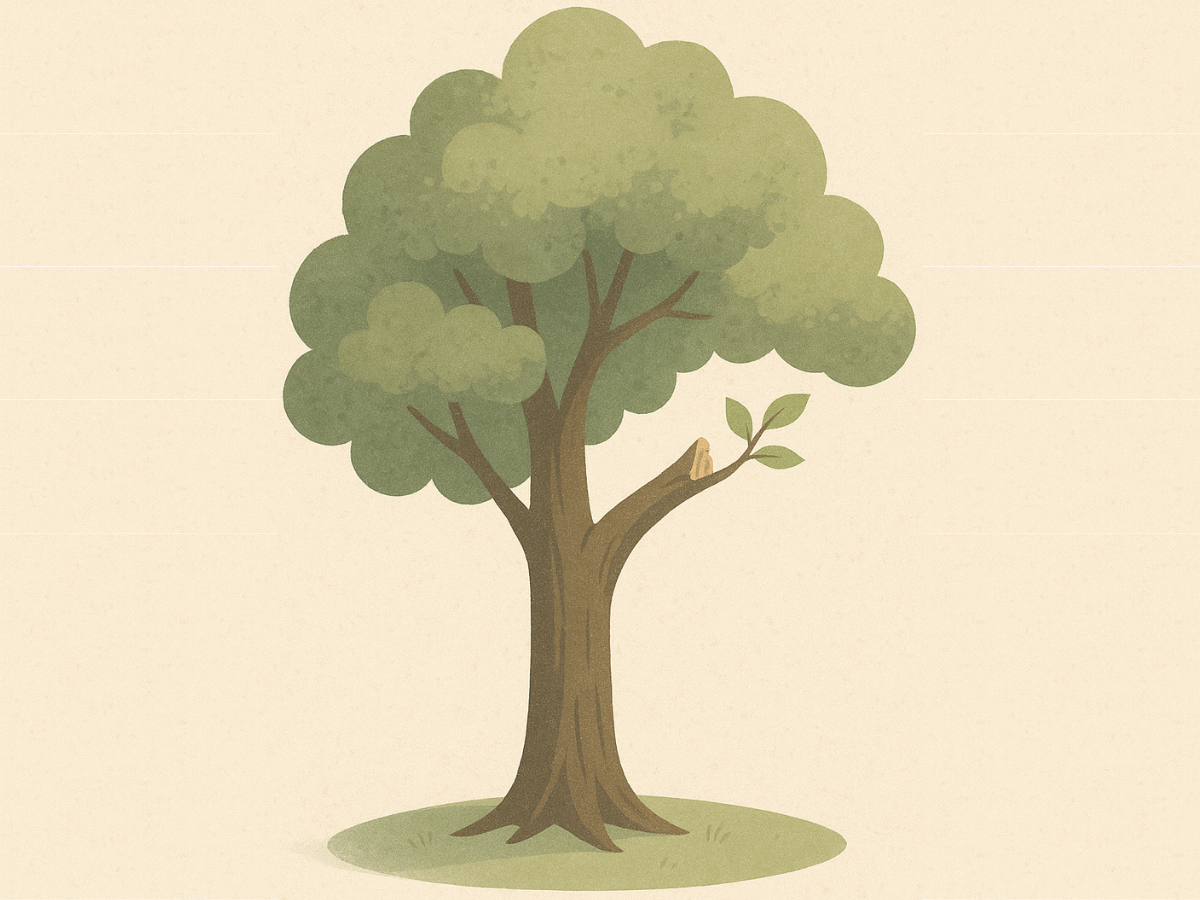- Jul 17, 2025
Loss, Grief, and Making Space in Ecosystem Work
- Jim Woodell at Venn Collaborative
- 0 comments
Grief is not just about death
Grief is most visible when someone dies. It demands attention, slows us down, and marks a “before” and “after.” But grief doesn’t only arise in the presence of death. It surfaces in smaller, quieter transitions too—many of them familiar to anyone working in collaborative systems.
In ecosystem building, we often move through a series of beginnings and endings: the end of a development cycle when we launch a promising initiative, the loss of a trusted partner, the close of a grant cycle, the quiet fade of a partnership that once felt full of possibility. These are not minor changes. They leave marks. Sometimes, they leave holes.
But we don’t often acknowledge these losses as grief-worthy. Sometimes, we don’t acknowledge them at all.
Loss, when unspoken, still speaks
Just because a loss goes unnamed doesn’t mean it isn’t shaping us. When grief is not acknowledged, it doesn’t vanish—it seeps into the cracks. It can show up as burnout, disillusionment, mistrust, or withdrawal. We may interpret these responses as personal failings or interpersonal friction, when in fact they are symptoms of unprocessed loss.
What’s more, the cultural pressure to “move on” quickly can lead us to paper over grief with action. In systems work, where so much of our identity is tied to impact, momentum, and outcomes, the idea of pausing—of sitting with something that didn’t go as planned—can feel like failure. But rushing past endings doesn’t prevent them from hurting; it just delays the healing.
Grieving is part of the work
Making space for grief in ecosystem work doesn’t mean becoming mired in loss. It means honoring the emotional dimension of change—acknowledging that relationships, trust, and shared purpose are not disposable.
We don’t need grand rituals. But we do need intentional practices:
Naming what has ended, even briefly
Acknowledging what mattered about it
Letting people step back or take space, without stigma
Creating space for reflection before launching into what’s next
These practices signal care—for the work, and for the people doing it. They help us build systems that are not only productive but humane.

The space that loss creates
After the death of someone close, the world can feel like it has a new shape. A room empties. A role disappears. A pattern is interrupted. After my own recent loss, it felt as if a large space had opened up in my life—one that had been filled, for a long time, by the person I lost.
That insight holds true in ecosystem work, too. Loss removes—but it also reveals. It creates space.
We often rush to fill that space. With a new project. A new partner. A new plan. But what if we let the space be open for a while? What if we held it as space for stillness, for quiet, for something unexpected to emerge?
Not every gap is a problem to solve. Some are invitations.
Showing up, differently
Grieving—whether for a person, a partnership, or a possibility—changes how we show up. If we allow it to do its work, it can soften us. Deepen our understanding. Make us more present, more generous, more attuned.
There is a kind of trust that grows from this kind of showing up. A trust that says: I will take care of myself, so I can show up well for others. I will honor what has ended, so that I can commit more fully to what comes next. I will leave space, so that something truly collaborative can grow.
Grief isn’t a detour from the work. Sometimes, it is the work.